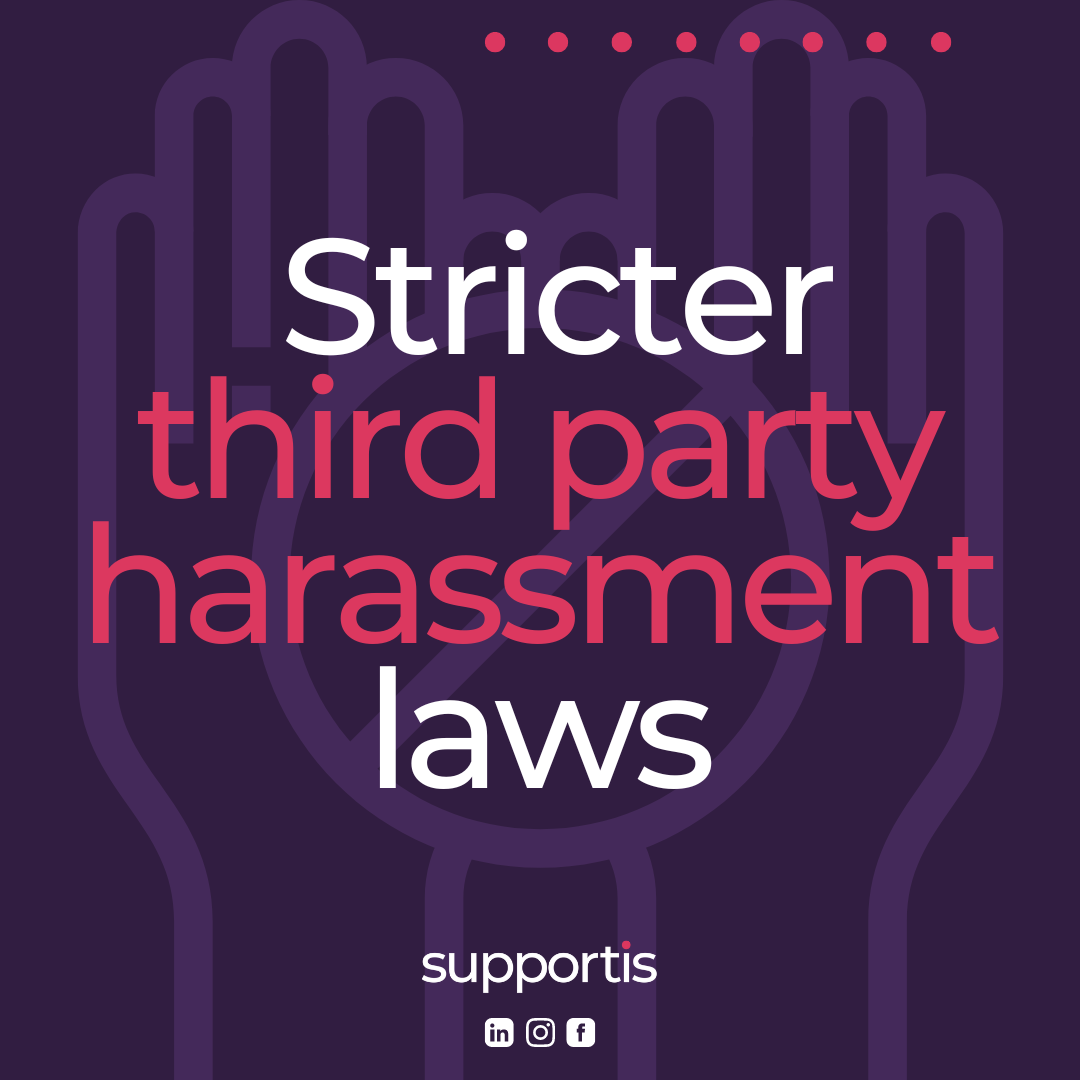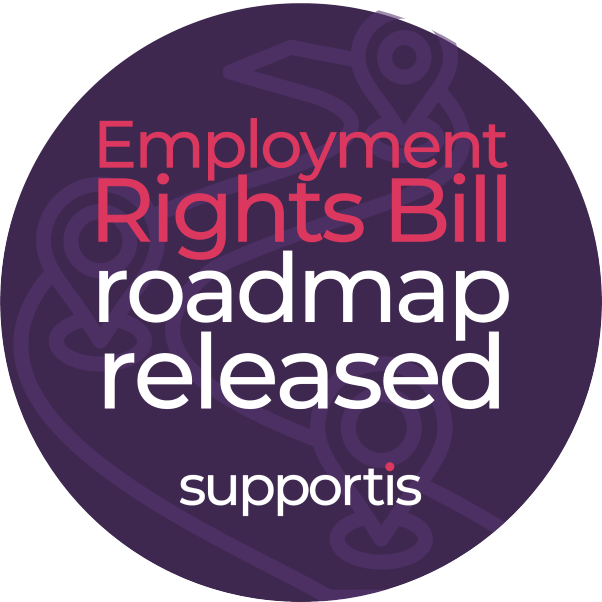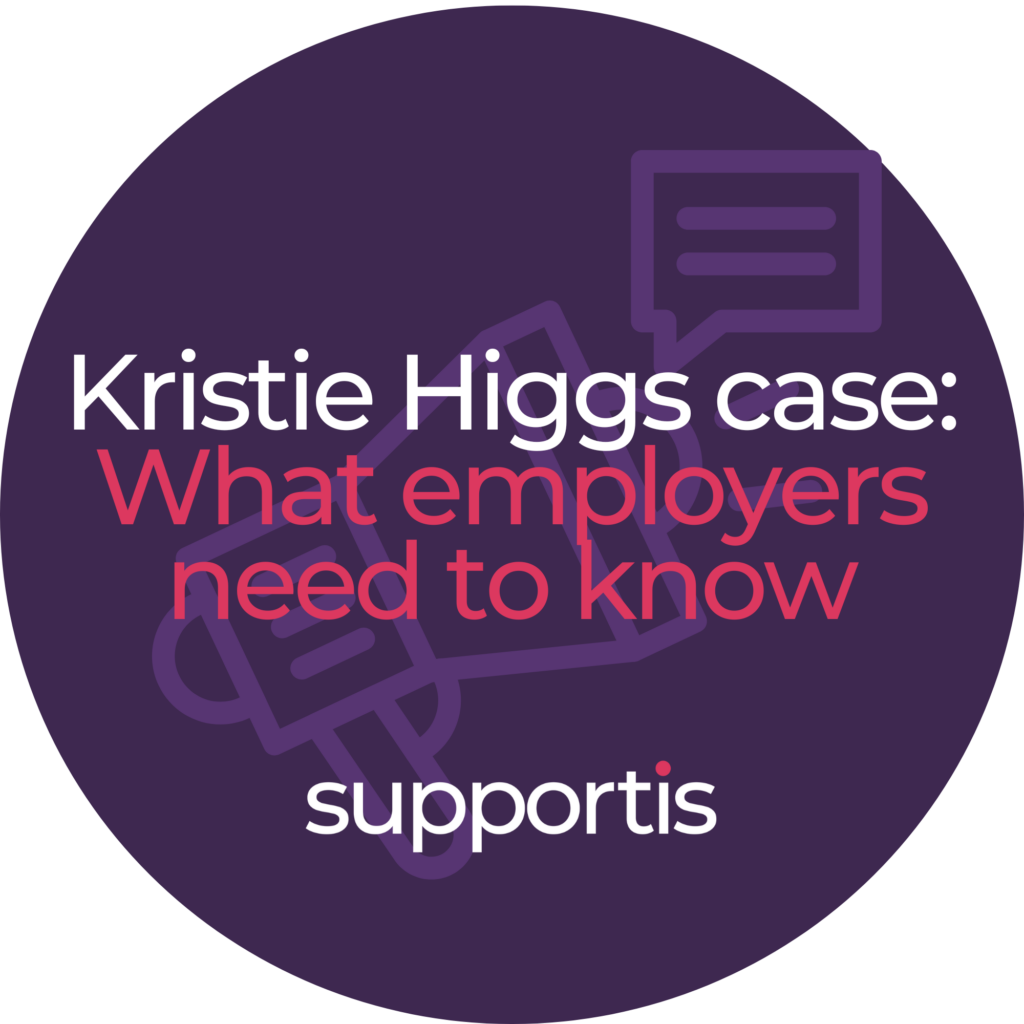What are the consequences for employers regarding the potential new obligations to safeguard workers against mistreatment from clients, customers, and suppliers?
While most businesses disapprove of third-party harassment towards their employees, the extent to which they proactively prevent and manage it will become a crucial concern if a new law holds employers potentially accountable for such harassment. This law would encompass any harassment by individuals other than the employer or its employees.
The Worker Protection (Amendment of Equality Act 2010) Bill
The Bill is currently in the process of parliamentary approval, aims to establish this protection. Similar to the existing harassment protection in the Equality Act 2010, if these proposed changes are implemented, instances of third-party harassment must be connected to a relevant protected characteristic. Furthermore, organisations will be expected to take reasonable measures to mitigate such harassment in order to establish a valid defence.
Previously, third-party harassment was unlawful under the Equality Act 2010, until the corresponding provisions were repealed in 2013. Historically, employers could defend against third-party harassment claims by demonstrating reasonable preventive actions and showing no more than two prior instances of such harassment against an employee.
New liability
The potential new liability is more demanding for employers. If the Bill becomes law, a single incident of third-party harassment could trigger employer liability unless the organization has taken all reasonable precautions to prevent it. Preventing third-party harassment is not a one-size-fits-all approach, but at the very least, consider the following steps:
- Policies: Develop policies that clearly condemn third-party harassment and establish procedures for reporting incidents. Training staff and third parties on these policies can support the “all reasonable steps” defence.
- External Communication: Share anti-harassment policies with third parties through methods tailored to the relationship, such as including them in agreements or contracts.
- Notices: Display visible signage stating a zero-tolerance policy for third-party harassment. Include anti-harassment language in communication mediums like telephone messages and email signatures.
- Action: Responding effectively to incidents of third-party harassment is crucial for the “all reasonable steps” defence. Tailor your actions to the specific third party involved.
Even if the Bill does not become law, proactively addressing harassment in your organisation will minimise the risk of complaints and disputes. It’s also a fundamental aspect of a strong ESG (Environmental, Social, and Governance) strategy. Ultimately, this approach shapes your organisational culture, positively impacting reputation, staff retention, and customer relations.
Supportis provide fixed-fee, truly unlimited advice to ensure your business doesn’t fall foul of the ever-changing legislation that UK employers must follow. Contact our friendly team for a free, no-obligation chat around how we can help on 0161 603 2156 or email us at [email protected].




